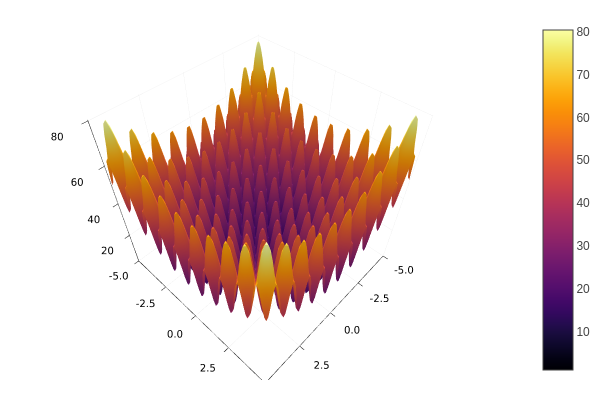In their original versions, evolutionary algorithms (EAs) and Swarm Intelligence (SI) approaches lack a mechanism to handle the constraints of an optimization problem. On the other hand, several real-world optimization problems include different types of constraints (e.g. linear, nonlinear, equality and inequality constraints). Therefore, a considerable amount of research has been dedicated to develop mechanisms to incorporate feasibility information into the fitness function of an EA. The most popular technique is the use of penalty functions. The aim is to decrease the fitness of those infeasible solutions in order to favor feasible solutions in the selection process. The main drawback of penalty functions is the careful fine-tuning required by the penalty factors, which determine the severity of the penalization.
Besides penalty functions, there are several constraint-handling mechanisms proposed in the specialized literature. However, it is an open problem how to choose the most adequate for a given search algorithm to solve a specific constrained optimization problem.



